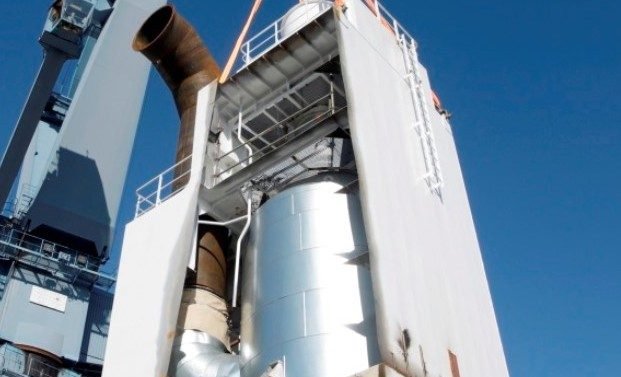Europe Bans Scrubber Discharges in Northeast Atlantic
Discharges from open-loop scrubbers will be banned in internal waters and port areas throughout the northeast Atlantic by July 2027, following a meeting of environment ministers from 15 European countries yesterday. A closed-loop discharge ban has been scheduled for no later than January 2029.
While a majority of European states wanted to be more ambitious and ban scrubber discharges throughout the full extent of territorial seas, 12 nautical miles, a lack of full consensus meant that this element was not included in the current decision, and it will only be recommended that discharges are banned in territorial seas.
The scrubber ban follows on from April’s Marine Environmental Protection Committee (MEPC) meeting held at the International Maritime Organization (IMO), where the world’s biggest emission control area (ECA) was been agreed upon.
The new Northeast Atlantic ECA, due by 2027, stretches along coastlines from Portugal to Greenland, joining existing nearby ECAs in the North Sea, Baltic Sea and the Mediterranean.
Sian Prior, shipping director at the NGO Seas At Risk, commented about yesterday’s scrubber news, “This is a landmark moment for marine protection, showing that regional cooperation can drive real environmental progress in the maritime sector. Toxic waste water from scrubbers has no place in the ocean. This ban will not only be a boost for marine life, but also for coastal communities that rely on a healthy sea for their livelihoods.”
“Turning air pollution into ocean pollution is not an acceptable trade-off,” added Maarten Verdaasdonk, project manager at the North Sea Foundation.
Scrubber discharge bans are now commonplace across the world as the map below compiled by the Clean Shipping Alliance highlights. In gross tonnage terms, 30% of the global merchant fleet now have scrubbers – also termed as exhaust gas cleaning systems – installed five years on from the start of the global sulphur cap, a regulation that made owners decide between installing scrubbers or buying more expensive lower sulphur content fuel.

